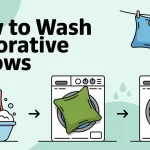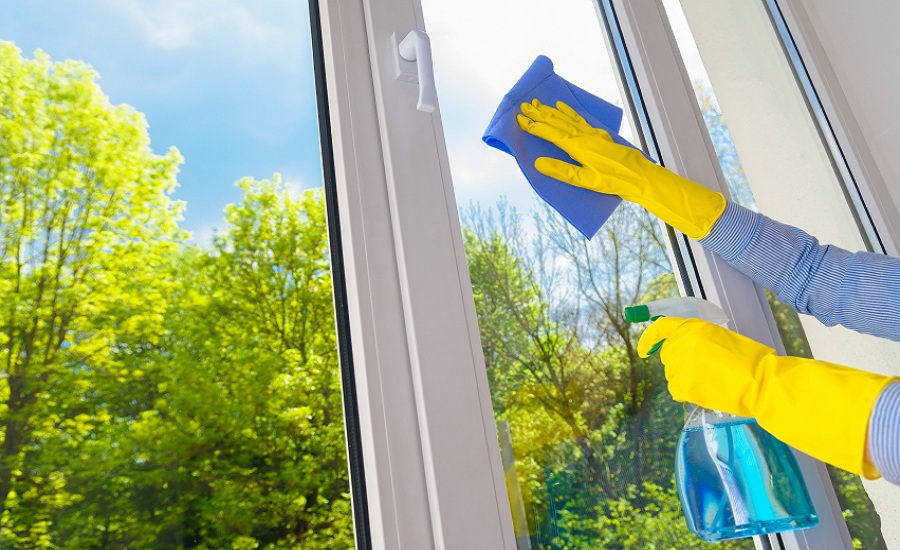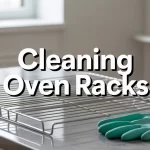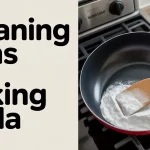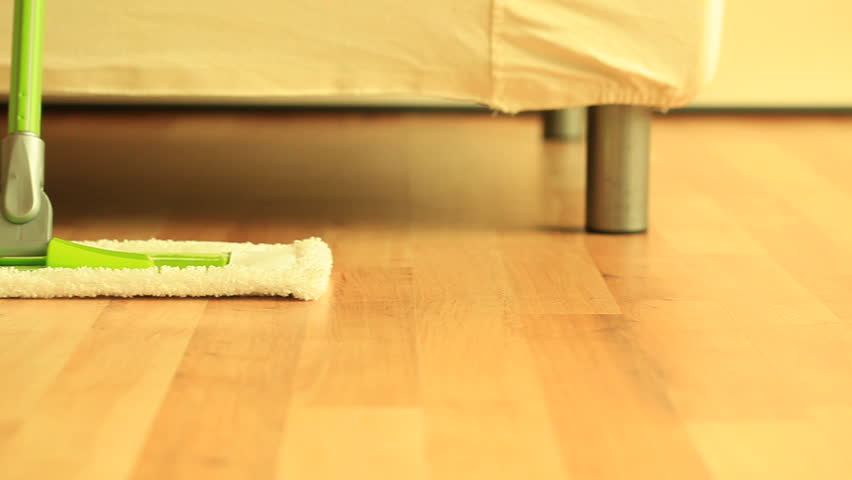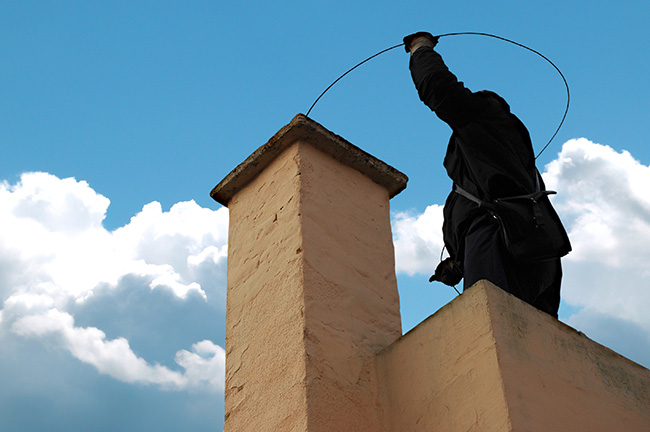When it comes to keeping your family’s clothes clean, the detergent you choose plays a bigger role than most people realize. Commercial laundry detergents may be convenient, but they often contain harsh chemicals, synthetic fragrances, and fillers that can irritate sensitive skin or harm the environment. That’s where home laundry soap comes in an affordable, safe, and eco-friendly alternative that you can customize for your family’s needs.
In this article, I’ll guide you through why home laundry soap is a smart choice, how to make it at home, tips for using it effectively, and a real-life case study showing its benefits in everyday life.
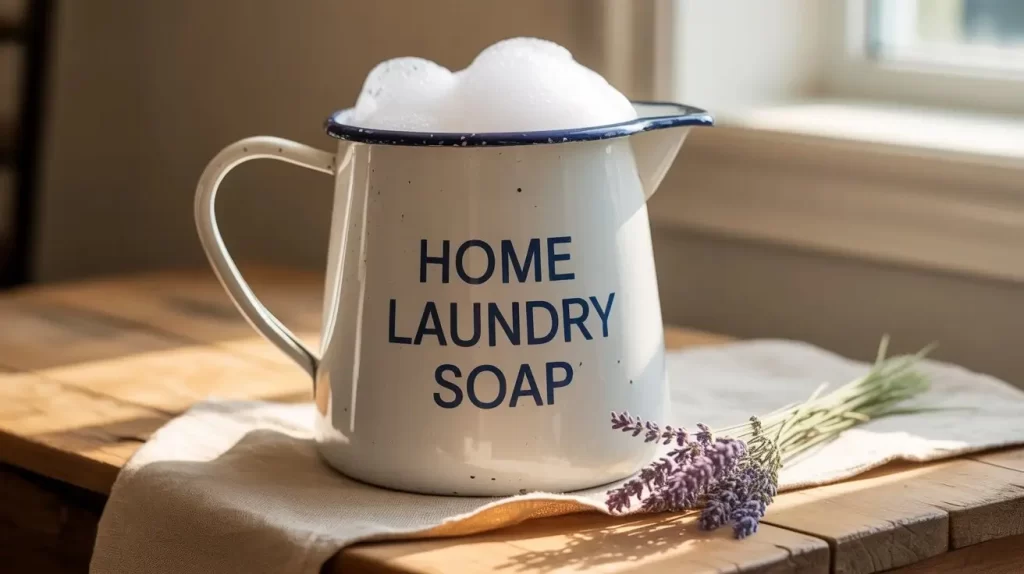
Content
Why Choose Home Laundry Soap?
Choosing homemade laundry detergent has several advantages:
- Safe for sensitive skin: Free from synthetic fragrances and harsh chemicals.
- Environmentally friendly: Uses natural ingredients that break down easily.
- Cost-effective: Homemade soap can cost pennies per load compared to store-bought brands.
- Customizable: You can add your favorite essential oils or adjust ingredients to suit your needs.
For families with children or anyone prone to skin allergies, the switch to natural laundry soap can make a noticeable difference in comfort and health.
Ingredients You’ll Need
One of the best parts of making your own laundry detergent is knowing exactly what goes into it. Here’s a simple list of ingredients I recommend for a DIY laundry soap recipe:
- Washing Soda: A natural cleaner that boosts soap effectiveness.
- Baking Soda: Softens water and helps remove odors.
- Celtic Sea Salt: Helps with stain removal and keeps clothes bright.
- Liquid Castile Soap (like Dr. Bronner’s): A gentle, natural soap base.
- Essential Oils (Optional): For a natural fragrance. Lavender, lemon, or eucalyptus work beautifully.
Adjusting these ingredients lets you tailor the soap for sensitive skin, extra cleaning power, or your favorite scent.
How to Make Home Laundry Soap
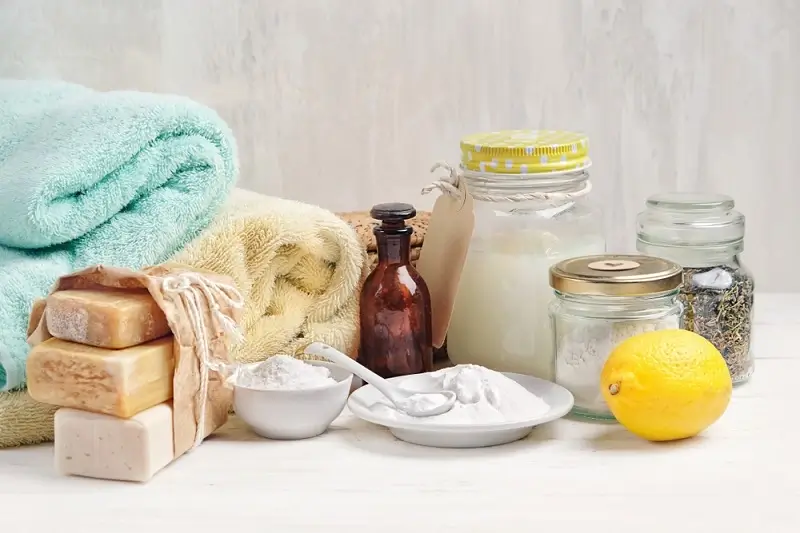
Making home laundry soap is easier than it seems. Here’s a step-by-step guide:
Prepare Your Supplies
Gather a large mixing bowl, measuring cups, a wooden spoon, and a storage container. Safety isn’t a major concern with these natural ingredients, but keeping the workspace clean makes the process simpler.
Mix the Dry Ingredients
Combine washing soda, baking soda, and salt in a bowl. Mix thoroughly to ensure even distribution.
Add Liquid Soap
Gradually add liquid Castile soap, stirring constantly to create a smooth mixture. If using essential oils, add them at this stage.
Store and Use
Transfer your homemade soap to a sealed container. Use 2–3 tablespoons per regular load of laundry. For heavily soiled clothes, increase the amount slightly.
laundry soap ingredients – keeping track of your ingredients ensures consistent quality and cleaning power.
Tips for Using Homemade Laundry Soap
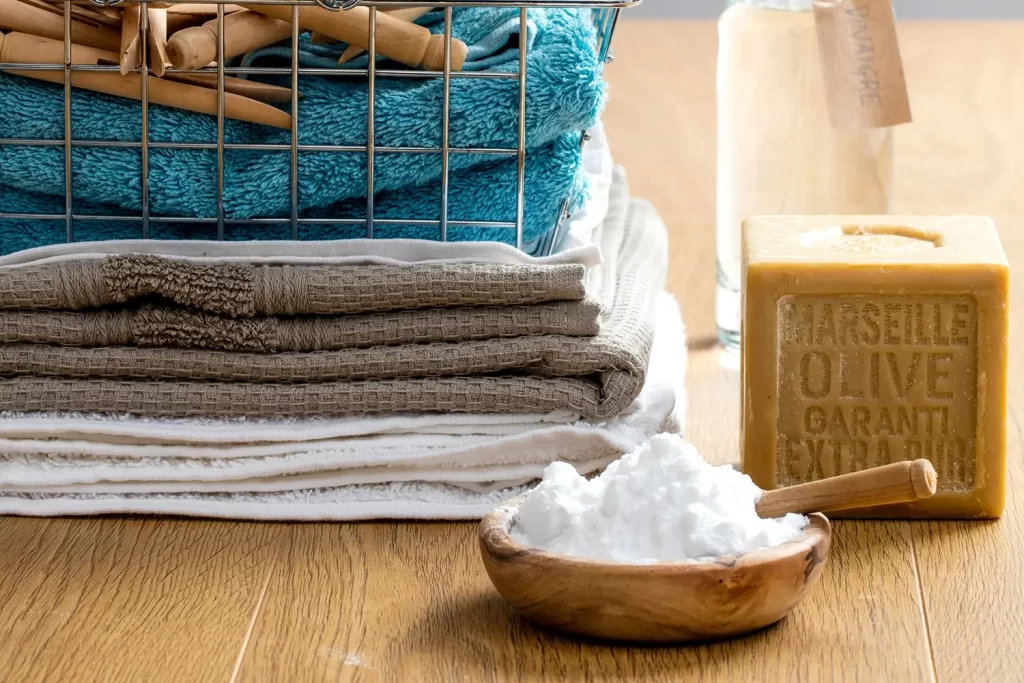
- High-Efficiency Machines: Most DIY laundry soaps work fine in HE washers if used sparingly.
- Stain Pre-Treatment: For tough stains, pre-treat with a small amount of your soap before washing.
- Powder vs. Liquid: Both work well; liquid is easier to measure, while powder lasts longer.
- Storage: Keep in a cool, dry place to prevent clumping.
DIY laundry soap recipes – experimenting with different ratios can help you perfect a formula for your family.
Real-Life Case Study: Switching to Home Laundry Soap
A few months ago, a friend of mine with two young children struggled with persistent rashes from commercial detergents. She tried a homemade laundry soap recipe I suggested, and within two weeks, her children’s skin irritations improved noticeably. She also found that her clothes smelled fresh without synthetic fragrances, and her monthly laundry costs dropped by nearly 50%. This real-life example shows how small changes and simple home cleaning tips can make a big difference for both health and budget.
Common Mistakes to Avoid
Even though homemade laundry soap is forgiving, a few mistakes can reduce effectiveness:
- Using too much or too little soap per load.
- Skipping the washing soda or baking soda, which reduces cleaning power.
- Failing to mix ingredients thoroughly, leading to clumping.
- Not storing in a sealed container, which can let moisture in.
Conclusion:
Switching to home laundry soap is more than a DIY project; it’s an investment in your family’s health, your wallet, and the environment. With a few simple ingredients, easy steps, and a little experimentation, anyone can make a gentle, effective, and eco-friendly laundry detergent that works beautifully.
Whether you’re tackling tough stains, protecting sensitive skin, or looking for a natural alternative to store-bought detergents, homemade laundry soap is a simple, practical, and rewarding solution just like a DIY window cleaner recipe for everyday cleaning.
FAQs About Home Laundry Soap:
1. Is home laundry soap safe for all fabrics?
Yes, it works for cotton, polyester, and blends. For delicate fabrics, use cold water and gentle cycles.
2. Can I use it in high-efficiency (HE) washers?
Absolutely! Just use smaller amounts to prevent excess suds.
3. How long does homemade laundry soap last?
Stored in a cool, dry place, it can last up to 6 months without losing effectiveness.
4. Can I customize the scent?
Yes, adding essential oils lets you personalize fragrance naturally.

Alexis is a dedicated home improvement blog author who has a passion for writing. She enjoys blogging about all sorts of topics, from interior design to landscaping and more! She loves the outdoors and spending time in nature with her family. She also likes to bake in her free time.



